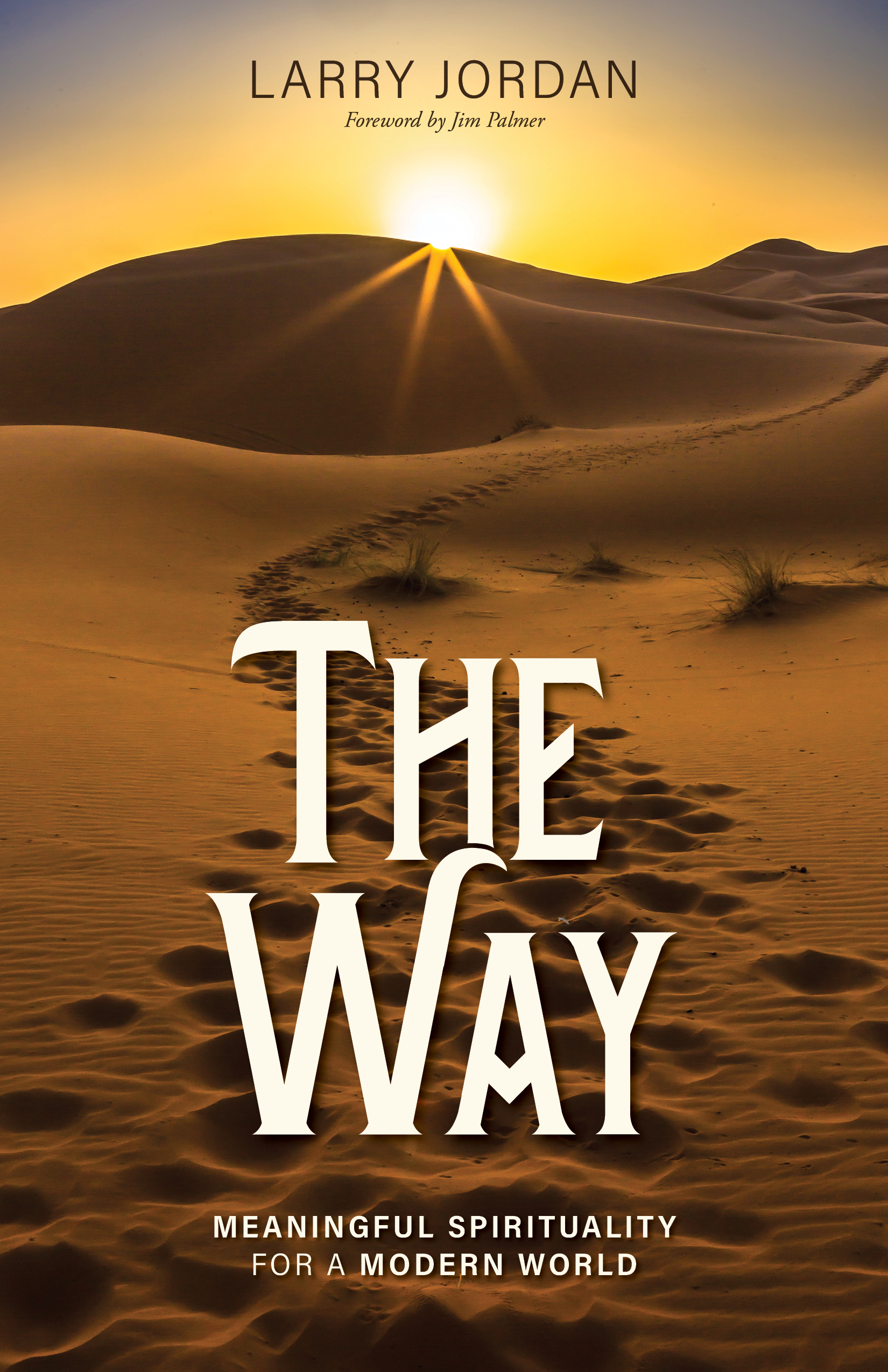The Seventh Principle
Last month, the local Unitarian Universalist church asked me to speak about the seventh principle, "Respect for the interdependent web of all existence of which we are a part," since the principle so closely matches my one-line creed that "Everyone is related, and everything is connected."
I was raised in the Roman Catholic church, which authored an 825-page catechism. According to the US Conference of Catholic Bishops, the catechism presents "what Catholics throughout the world believe in common." How do Catholics throughout the world hold all of these beliefs in common? They don't.
In fact, even the bishops do not agree. When the catechism was first circulated among the bishops, the Vatican received more than 24,000 proposed changes. This is the problem with imposing a statement of beliefs on over one billion people. All theology is speculation, so they/we will never agree on everything.
Other religions are not so proscriptive. For example, Buddhism and Taoism recognize that ethics are often situational, so they outline a few general precepts. For example, there is a Buddhist precept to abstain from sensuous misconduct.
Most Buddhists interpret this precept to encourage good intentions, such as commitment and responsibility, rather than to prohibit certain acts or orientations. Is it wrong for unmarried people to have sexual relations? What are their intentions? Are they committed? Are they responsible? Are they unselfish?
When the Unitarians and Universalists merged, they adopted six principles. The first principle is "The inherent worth and dignity of every person." For some, the principles are aspirations, not beliefs (that is, until we live in a world where these principles are real, rather than ideal.)
In 1985, the Unitarian Universalists adopted the seventh principle. They recognized the "interdependent web of all existence" in the face of climate change, global pandemics, and nuclear wars, with the backdrop of the Cold War, the environmental movement, and the moon landing.
Look closely at the words of the seventh principle: "Respect for the interdependent web of all existence of which we are a part." This is an acknowledgement; it is not merely an aspiration or a belief. In my opinion, the seventh principle stands alone, and the other six principles are contained within it.
Recently, I had a conversation with an Evangelical friend who is asking questions about his faith. He is beginning to conclude that we can't "know" anything. I'm almost in the same place, although I think that we can "know" that everyone is related, and everything is connected.
As I say at the end of the book, "I hope that you see how the Eastern religions, the mystics, and the scientists suggest that everyone is related, and everything is connected. When you get that point, and when it changes you and your spiritual pracice, then your belief system is secondary."

